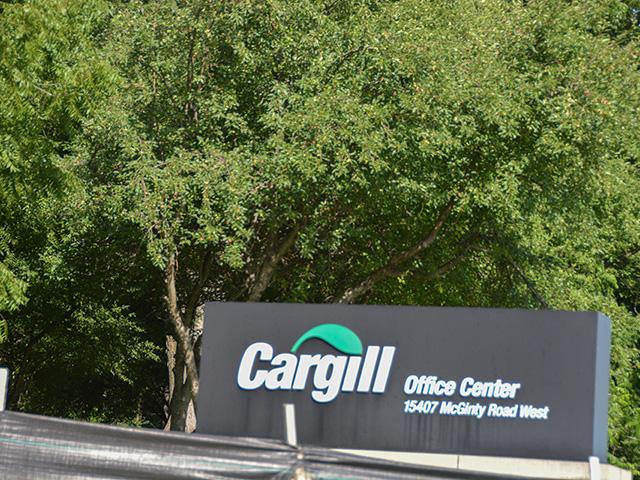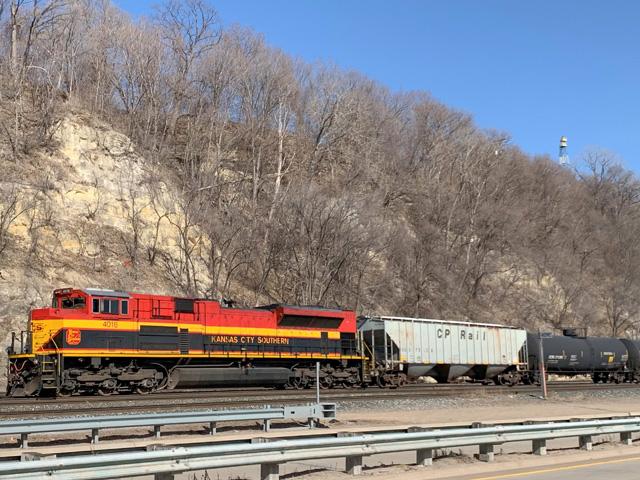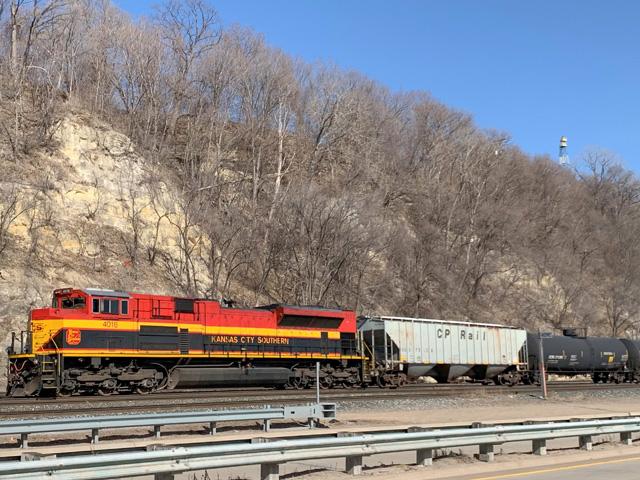Market Matters Blog
CP-KCS Rail Merger and West Coast Labor Contract Updates
On March 21, 2021, the Canadian Pacific Railway Limited (CP) and Kansas City Southern Railway Company (KCS) announced that both Class I carriers had entered into an agreement to merge. In December 2022, the stockholders of the CP and KCS voted to accept the merger of the two railroads, and shares were placed into a voting trust as the deal awaited approval from the U.S. Surface Transportation Board (STB).
Since that time, the STB has been accepting comments from anyone in support of and/or opposed to the proposed CP-KCS merger. Given the many comments from shippers, railroads and even members of Congress, the STB held a public hearing on the CP-KCS merger Sept. 28-30, 2022, which was extended to Oct. 3-7, 2022. For seven days, the STB heard testimony from shippers, communities, public officials and other railroads who all testified why they supported or did not support the merger.
In addition to all of the above, an environmental impact study of the merger was done by the STB Office of Environmental Analysis (OEA). On January 24, 2023, the STB issued a Final Environmental Impact Statement (EIS) for the proposed acquisition of KCS by the CP. A draft of the EIS in this proceeding was issued on Aug. 5, 2022, for public review and comment. The public comment period ended on Oct. 14, 2022, according to the STB.
The final EIS responds to comments received on the draft EIS and provides additional information on the resource areas of grade crossing delay and safety and noise and vibration, and sets forth OEA's final recommendations, including final recommended mitigation measures to the STB, noted the press release. The STB said that issuance of the final EIS completes their environmental review of the proposed acquisition of KCS by CP. The STB said it will "consider the transportation merits of the proposed acquisition, and the entire environmental record, including the draft EIS, final EIS and all comments received as part of its final decision in this proceeding."
On Jan. 25, the U.S. Department of Justice's Antitrust Division, which did not testify in the merger hearings last fall, sent a letter to the STB stating, "The consolidation of Class I railroads presents substantial concerns, including: lessened competition among Class I railroads to attract new industry locations; reduced incentive to invest in research and implementation of important new technologies, such as Positive Train Control; and the danger of industry-wide understandings and agreements that become more likely as the industry becomes more concentrated. The Antitrust Division emphasizes that the Board should not interpret the Antitrust Division's absence from the Board's September 2022 proceedings to imply otherwise."
The letter added, "The President Executive Order on Promoting Competition in the American Economy (EO 14036) directs all agencies with authority over mergers to consider their role in promoting competition. Class I freight rail was a significantly concentrated industry before the proposed transaction. In light of the trend toward concentration in the industry, the Board should carefully consider the competition impacts of further consolidation. This is especially relevant in light of the recent supply chain disruptions that have wreaked havoc on American consumers and businesses. Freight rail connects us from farms to cities, and from the ports through the heartland, and carries the goods that Americans depend on. Competition in this critical infrastructure is essential. The Board should scrutinize any transaction that could weaken our freight rail system."
It is now up to the STB to make the final decision on whether the merger is approved. The STB must now wait 30 days from the release of the final EIS to issue its final decision on the merits of the CP-KCS merger.
In the recent letter to the STB, the Justice Department made it clear that it is the "Attorney General's statutory right to intervene in Class I merger proceedings. The Department remains committed to working collaboratively with the STB to protect and promote competition in the railroad industry, including by sharing our perspective on pending transactions."
P[L1] D[0x0] M[300x250] OOP[F] ADUNIT[] T[]
NO NEW CONTRACT YET FOR WEST COAST LABOR
On July 1, 2022, at 12:01 a.m., the contract (collective bargaining agreement) between International Longshore & Warehouse Union's (ILWU) 22,000 West Coast Port dockworkers and the Pacific Maritime Association (PMA) expired. Talks between the two groups had been ongoing since May 2022, and continue even after the contract expired. Both sides said in a statement on the ILWU Local 13 website ahead of the contract expiration, that "Neither party is preparing for a strike or a lockout, contrary to speculation in news reports. The parties remain focused on and committed to reaching an agreement."
Just a reminder that the collective bargaining agreement mentioned is between employers who operate marine terminals and shipping lines represented by the PMA and the dockworkers represented by the ILWU. "The contract covers more than 22,000 dockworkers at all 30 U.S. West Coast ports, from San Diego, California, to Bellingham, Washington. Talks for a new agreement began on May 10 in San Francisco and will continue until the parties reach a new agreement," said the website.
It hasn't been 100% smooth sailing during the ongoing talks.
As the talks entered into their fourth month, CNBC reported on Sept. 28, 2022, that the ILWU had been accused of using slowdown tactics that reduced cargo handling at the Oakland and Seattle-Tacoma ports. "However, according to the CNBC Supply Chain Heat Map, operations at these ports have been in line with the ports' recent productivity and there have been no significant cargo handling issues recorded," said CNBC.
"The ILWU is working and negotiating, and we've done both successfully for nearly 90 years." ILWU Coast Committeeman Cameron Williams told CNBC. "Unfounded rumors are rampant during negotiations, and it's unfortunate that some media publish opinions instead of facts."
On Nov. 8, the Wall Street Journal reported that a dispute between two unions over which workers get certain jobs at a cargo-handling terminal at the Port of Seattle was holding up labor talks between West Coast dockworkers and their employers. "The Seattle dispute pits the International Longshore and Warehouse Union against the International Association of Machinists and Aerospace Workers," said the article.
While there has not been any hint of a strike, West Coast port leaders are becoming nervous as the talks drag on.
"Historically, the long end of these negotiations has got about a max of nine or 10 months, and that will put us into February, the first quarter at the latest," Port of Los Angeles Executive Director Gene Seroka said in a Dec. 2022 interview on CNBC. "Bargaining is very hard. In addition to coastwide frameworks, salary, benefits and other key items, including automation, we have 29 ports with local supplements that have to be concluded and most of it is behind the scenes. This is a lot of work that has to be done in these negotiations."
The bottom line is that the ILWU and PMA have yet to settle on wages and mainly, the contentious key issue of automation, which translates to container-handling machinery and loss of jobs for union workers according to the ILWU. As the talks drag on and no agreement is finalized, it is possible that U.S. Labor Secretary Marty Walsh may get involved, and maybe even Congress, as they did in the recent rail contract problems.
Link to all 3 Volumes of the final EIS: https://www.stb.gov/…
Link to the entire Justice Department letter to the STB under filings, 1/24/2023, FD_36500, 306023: https://www.stb.gov/…
June 30, 2022, story on the West Coast contract expiration: https://www.dtnpf.com/…
Link to the December 2022 video interview with Port of Los Angeles Executive Director Gene Seroka: https://youtu.be/…
Mary Kennedy can be reached at mary.kennedy@dtn.com
Follow her on Twitter @MaryCKenn
(c) Copyright 2023 DTN, LLC. All rights reserved.






Comments
To comment, please Log In or Join our Community .